Photo credits: Smith Collection/Gado/The New York Public Library
Thomas Jefferson, the second President of the United States, addressed officials of the United States Congress on December 2, 1804.
Jefferson (a former slave owner himself) pleaded with members of the United States House of Representatives and the United States Senate to put an end to the slave trade. He behooved federal lawmakers to act — so that slavery could be abolished as soon as possible.
Jefferson urged for the abolition to happen at the expiration of the constitutional prohibition the following year (1805).
Jefferson vehemently referred to slavery as an “abominable crime.” He also used the term “moral depravity” to describe America’s former peculiar institution. However, on the other hand, President Jefferson’s eloquent and impassioned speech to his congressional colleagues from the legislative branch of the U.S. federal government was nothing more than hollow blather.
Ultimately, in duplicitous fashion, the hot-blooded, firebrand Democratic-Republican Party leader did not order the emancipation of his own 600-plus slaves until after his death in 1826.





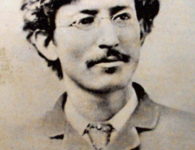

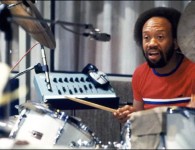


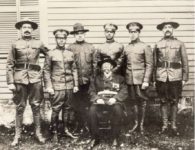
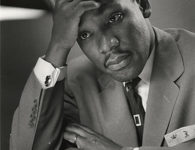


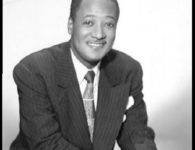
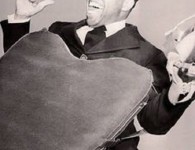
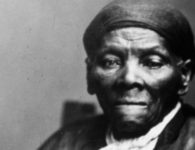
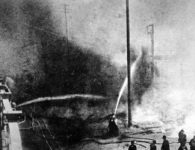



No comments